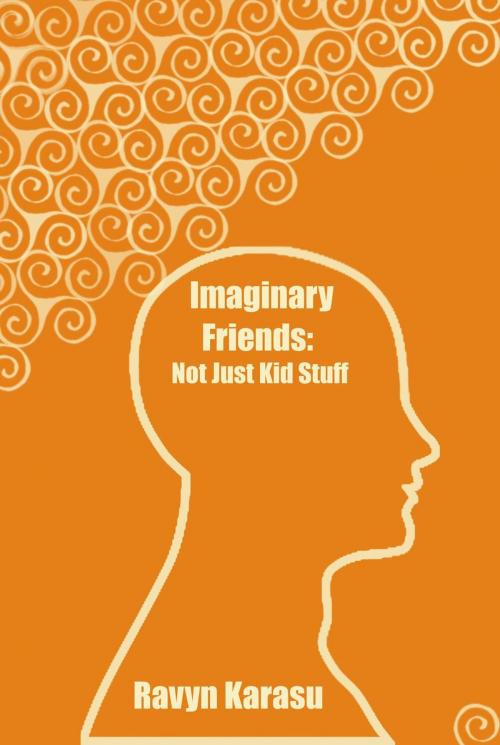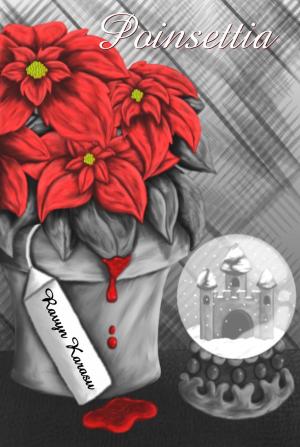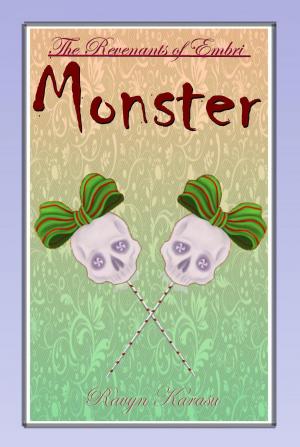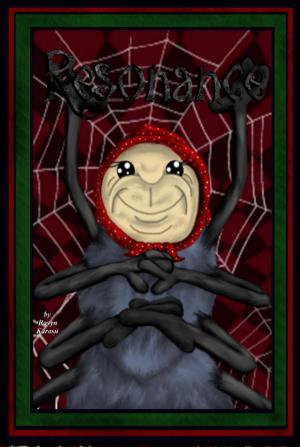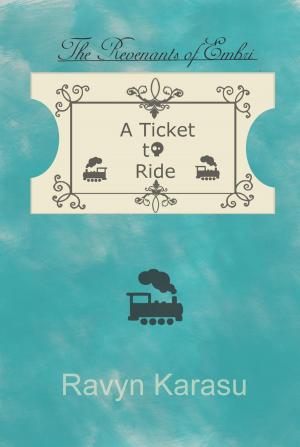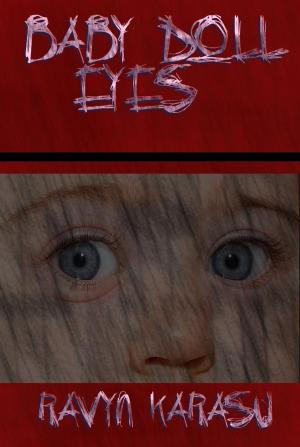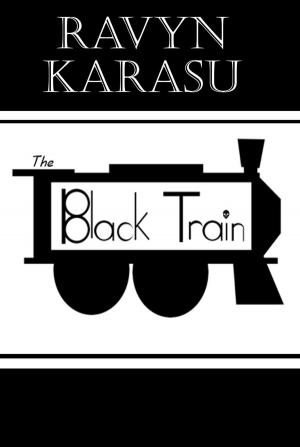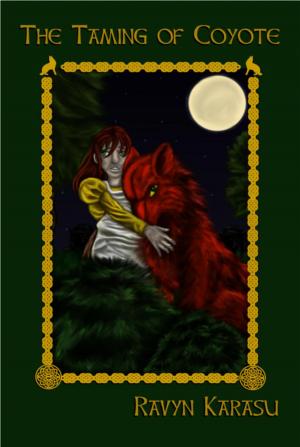Imaginary Friends: Not Just Kid Stuff
Nonfiction, Health & Well Being, Psychology, Creative Ability, Kids, School Tools, Social Science| Author: | Ravyn Karasu | ISBN: | 9781533703712 |
| Publisher: | Ravyn Karasu | Publication: | June 29, 2016 |
| Imprint: | Language: | English |
| Author: | Ravyn Karasu |
| ISBN: | 9781533703712 |
| Publisher: | Ravyn Karasu |
| Publication: | June 29, 2016 |
| Imprint: | |
| Language: | English |
The idea of imaginary friends (creative companions) is pretty standard in the realm of child psychology. However, we never really see anything substantial about the notion of these companions in adolescents and adults, let alone the purpose or effects of those companions on those individuals. Adolescents and adults tend to face more negative stigmas than that of children, yet also use their companions in a way that is more complex yet similarly to developing children. According to both the literature and personal study, older individuals aren’t just developing important skills, but also maintaining creative thinking on multiple levels in regards to several areas of mental and social skills. The personal study involved employed a set of interview questions for volunteers to answer and discuss involving their current creative companions. As such, the study was to investigate if creative companions were present in teens and adults without a major negative psychosis and are they common. If so, what were the stigmas as well as the benefits? The study was favorable and in agreement with the information available in literary studies, as well as showing a set of patterns and functionality in the creators of companions. While stigmas were present, volunteers showed favorable preference to creating and maintaining companions, not to reject social interaction, but to enhance it as well as develop creative skills, self-therapy, and personal entertainment for the self and others. The results then open the door to realizing how potentially common the practice is, the positive utilization and experience of creative companions, and the unfair stigma of what these companionships have in our society.
The idea of imaginary friends (creative companions) is pretty standard in the realm of child psychology. However, we never really see anything substantial about the notion of these companions in adolescents and adults, let alone the purpose or effects of those companions on those individuals. Adolescents and adults tend to face more negative stigmas than that of children, yet also use their companions in a way that is more complex yet similarly to developing children. According to both the literature and personal study, older individuals aren’t just developing important skills, but also maintaining creative thinking on multiple levels in regards to several areas of mental and social skills. The personal study involved employed a set of interview questions for volunteers to answer and discuss involving their current creative companions. As such, the study was to investigate if creative companions were present in teens and adults without a major negative psychosis and are they common. If so, what were the stigmas as well as the benefits? The study was favorable and in agreement with the information available in literary studies, as well as showing a set of patterns and functionality in the creators of companions. While stigmas were present, volunteers showed favorable preference to creating and maintaining companions, not to reject social interaction, but to enhance it as well as develop creative skills, self-therapy, and personal entertainment for the self and others. The results then open the door to realizing how potentially common the practice is, the positive utilization and experience of creative companions, and the unfair stigma of what these companionships have in our society.
